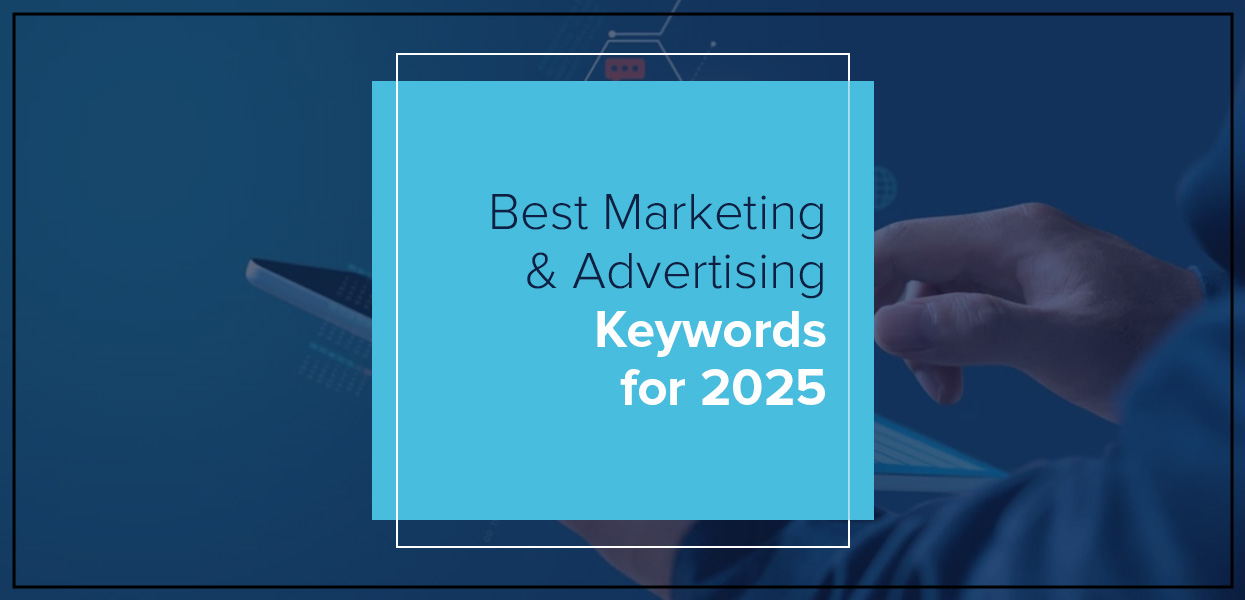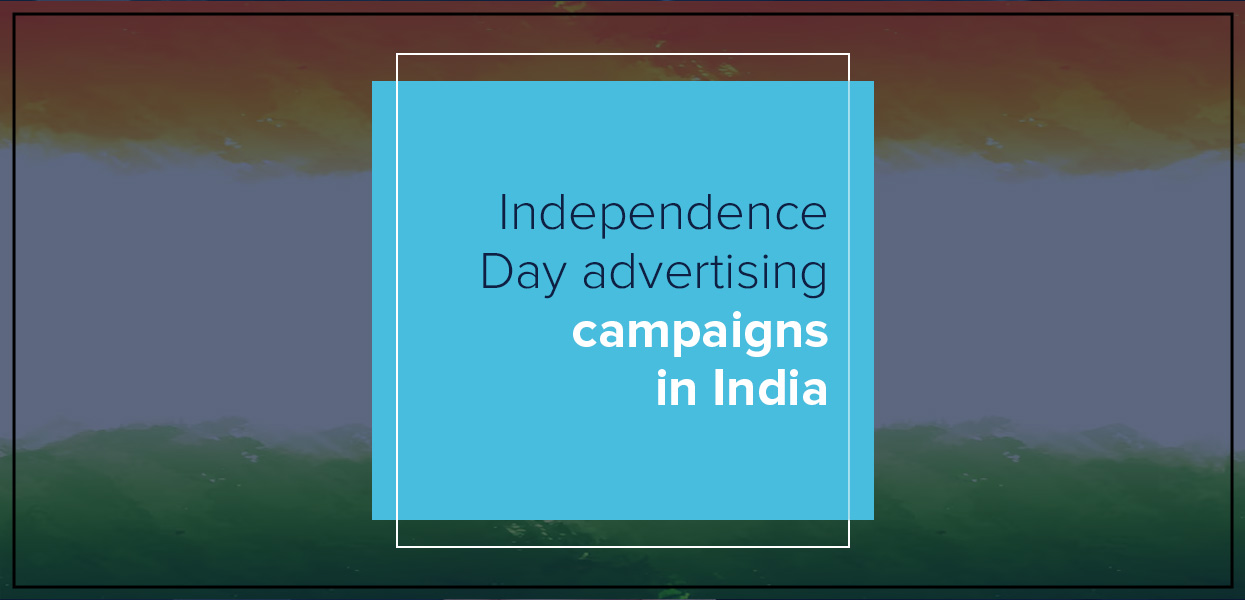The Role of SEO in E-Commerce Success: Driving Traffic and Sales

In general, people associate SEO (Search Engine Optimization) with only websites and content, but in digital marketing altogether, SEO is quite wide and is required by online businesses of all types. However, in this blog, we will talk about driving traffic and sales through SEO for E-commerce businesses. But before we go ahead, let’s understand what is E-commerce SEO.
E-commerce SEO is a marketing technique that boosts the exposure of an online store on search engine result pages (SERPs). It is important to pay attention to the content of the web store to optimize SEO. To get started and to boost e-commerce SEO, it is important to create detailed online store product pages, optimize product descriptions, introduce a blog, or do a technical assessment of the website. To ensure that the website is search engine optimized, keywords must be chosen to target specific pages and technical structure also needs to be paid attention to.
Before we go deeper into SEO for e-commerce businesses, let’s take a look at the many benefits of setting up an E-Commerce SEO:
1. Google prioritizes user experience as a ranking element, so if your site is targeting the right keywords and answering questions, Google will consider it a pleasant experience and raise your ranking. If consumers leave, Google will perceive this as a poor experience and your ranking will suffer. Optimizing your user experience for SEO has a beneficial knock-on impact on consumers, who will find your web shop more appealing to use and adapt.
2. E-commerce SEO increases the traffic of a website, widening its reach. After a visitor visits organically, they can be retargeted with paid retargeting advertising. SEO remarketing is a powerful strategy, as it allows businesses to develop brand authority and differentiate themselves from their competition.
3. When a website ranks better for relevant keywords, it is more likely to attract visitors who are already interested in the products or services offered by the company, leading to a higher conversion rate.
4. Unlike e-mail or sponsored advertisements, which regularly require new campaigns, and updated material, and can take a lot of upkeep to run properly, your SEO strategy will continue to perform for you once implemented.
5. For low-cost brand visibility, most e-commerce sites require search engine optimization. An appearance on the first page of search results or in Google's Answer Box could be the first time a consumer encounters your brand or it could remind her of a previous visit to your website. Furthermore, some searchers regard high ranking as a recommendation, increasing their likelihood of clicking on a top result. SEO is a low-cost channel to run efficiently, providing free organic traffic compared to paid advertising. Optimizing your website is the key to success.
6. The classic marketing funnel - awareness, interest, desire, action - is dependent on a continual flow of new customers. SEO is critical for getting lower-cost top-of-funnel visitors, but it also helps in the following phases. As customers progress from awareness to interest to action, their purpose shifts from informational to transactional. Targeting the right intent at the right moments on your site influences consumer progression to the next stage, improving the likelihood of conversion.
SEO is a crucial aspect of a website, determining its ranking on search engines and affecting consumer experience. E-commerce companies must understand SEO for effective ranking and consumer acquisition. However, optimizing their website for SEO can be challenging due to compressing keywords, ensuring user-friendliness, and checking for lagging graphics. SEO is an efficient method of lowering advertising and marketing costs, focusing on what buyers and searchers want. Strategies include lowering load speeds, producing keyword-rich titles, building a Google My Business listing, linking to other websites, and publishing and linking to outstanding content.
You understand the importance of driving traffic and making purchases for your online business. With the advent of e-commerce and online buying, it has never been easier to establish a business online. However, with so many rivals out there, it can be difficult to make your online store stand out. This issue is addressed by e-commerce SEO.
Search engine optimization (SEO) for an online store entails optimizing it for search engines. You must optimize the content and structure of your website to boost your rating and visibility in search results. E-commerce SEO can help online companies increase traffic and sales. Your search engine authority is enhanced by increasing sales. A good SEO approach includes increasing your authority.
In SEO, everything is interconnected and every single step matters. That’s why you need a strategy to get more people to make more sales to get more people. Does that make sense?
Using SEO as a potent tool for online companies, business owners want to increase traffic and revenue to their online storefronts. To maximize its effectiveness, it is important to optimize the website's structure, conduct keyword research, optimize product pages, invest in link building, and monitor results. Keyword research tools can be used to find the right keywords for your online store and optimize your website accordingly. Product pages should be optimized for search engines by including relevant keywords in the title tags, meta descriptions, and content. Link building should also be a priority, using high-quality content and participating in guest blogging, forums, and other online communities to build links.
To sum up, keeping track of the results and adjusting accordingly is significant to grow your SEO results and impact. These recommendations will help you use E-commerce SEO to increase traffic and sales to your online business.
Connect with Uniworlds Studios, if you need help in driving traffic and sales to your E-commerce business and we will help you optimize your online store for search engines to accomplish all your online marketing goals.
Categories
- Digital Marketing
- Website Development
- Graphic Design
- Content Writing
Latest Posts
-
- Essential Marketing & Advertising Keywords 2025



